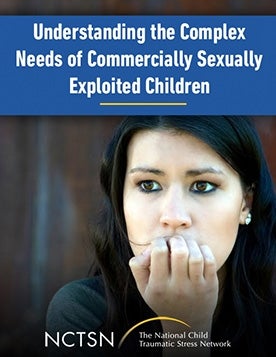
Understanding the Complex Needs of Commercially Sexually Exploited Children
Tackles the specific strategies and challenges within each child serving system providing services to commercially sexually exploited children.
The following resources on child trauma were developed by the NCTSN. To find a specific topic or resource, enter keywords in the search box, or filter by resource type, trauma type, language, or audience.

Tackles the specific strategies and challenges within each child serving system providing services to commercially sexually exploited children.

Features leading child and adolescent experts speaking about their recommendations for effectively addressing policy challenges in implementing integrated care.
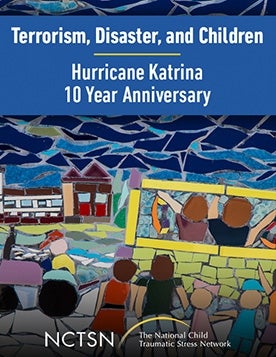
Discusses Project Fleur-de-lis (PFDL), an intermediate and long-term school-based mental health response to Hurricane Katrina.
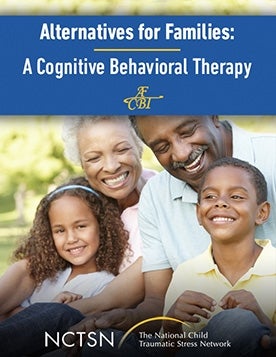
Provides a basic introduction to AF-CBT, as well as an introduction to the theories behind AF-CBT and how the different components of the model fit together. The presentation also describes the research support for AF-CBT.
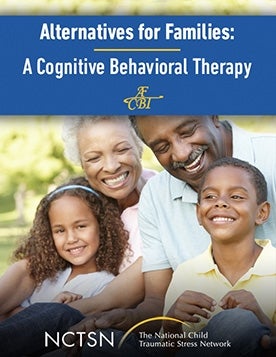
Provides a primer on Cognitive Behavioral Therapy (CBT), beginning with an overview of the theories behind CBT and an introduction to case conceptualization and assessment.
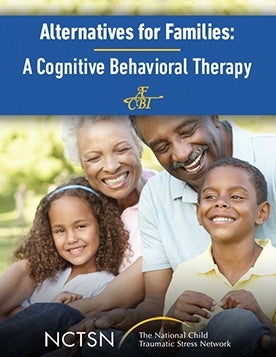
Describes eligibility criteria that can be used to determine whether a family is appropriate for AF-CBT and the role of clinical assessment in AF-CBT, including recommended instruments.
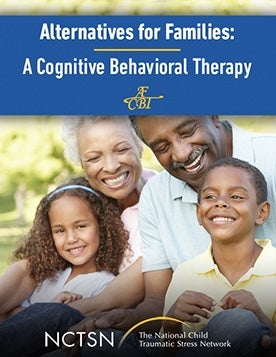
Introduces some of the fundamental skills in AF-CBT, and some of these techniques are demonstrated. This webinar explains how to sequence AF-CBT with other evidence-based practices and provides an overview of the AF-CBT training and consultation model.
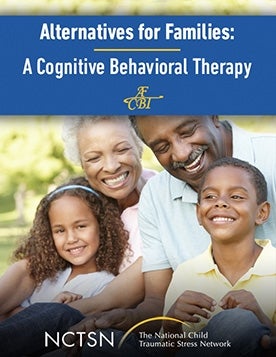
Provides an orientation to Alternatives for Families: A Cognitive Behavioral Therapy (AF-CBT) and is intended to provide an introduction to the model for clinicians who wish to learn more about it.
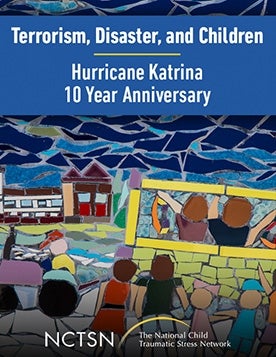
Describes the unique set of challenges faced to address the needs of Americans displaced by Hurricane Katrina.
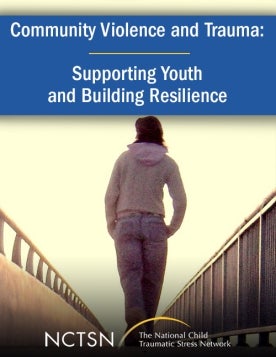
Offers information on refugee youth and their families.
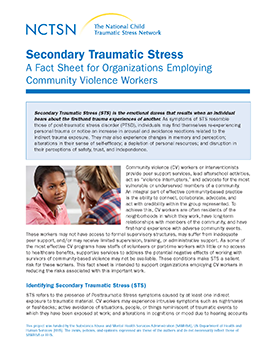
Provides community violence workers with information about secondary traumatic stress (STS).
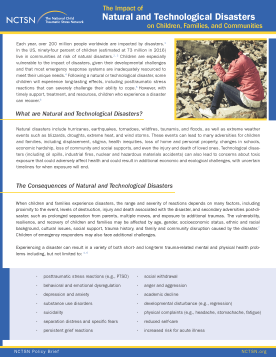
Provides information to policymakers about the impact of natural and technological disasters on children, families, and communities.